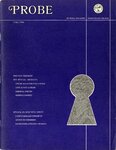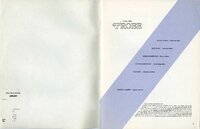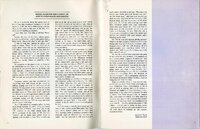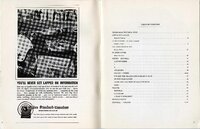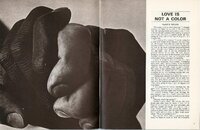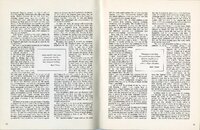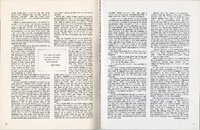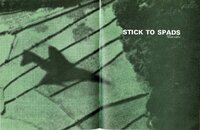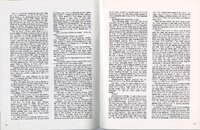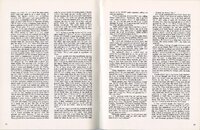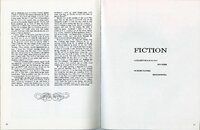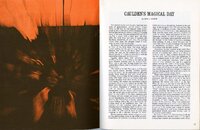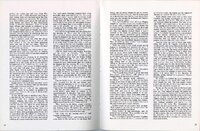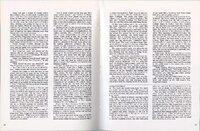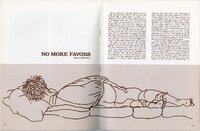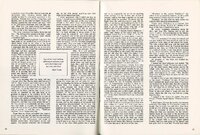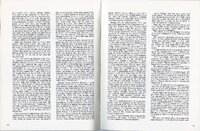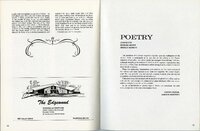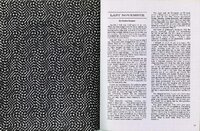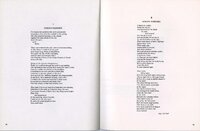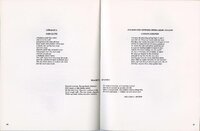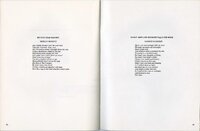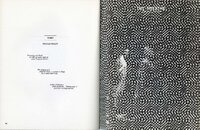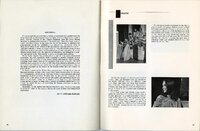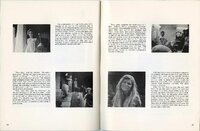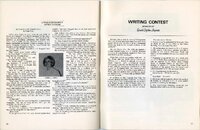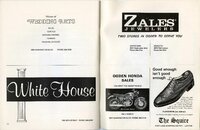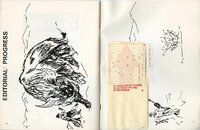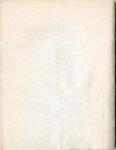| Title |
1968 Probe Fall |
| Creator |
Weber State College |
| Contributors |
Students of Weber State College |
| Description |
The Probe is a triannual literary magazine published by the Students of Weber State College from 1968 to 1972. |
| Subject |
Students; Forms, Literary; College students--Education; Ogden (Utah); Weber Stake Academy; Weber Normal College; Weber College; Weber State College |
| Digital Publisher |
Stewart Library, Weber State University |
| Date Original |
1968 |
| Date |
1968 |
| Date Digital |
2013 |
| Item Description |
8.5 x 11 in. paperback. Pages number 3-54. |
| Type |
Text |
| Conversion Specifications |
Archived TIFF images were scanned at 400 dpi with an Epson Expression 10000XL scanner. OCR done with ABBYY Reader. JPG and PDF files were created for general use. |
| Language |
eng |
| Rights |
Public Domain. Courtesy of University Archives, Stewart Library, Weber State University |
| Source |
Archives LH1.P68 |
| Format |
application/pdf |
| ARK |
ark:/87278/s60nnnea |
| Setname |
wsu_olp |
| ID |
76672 |
| Reference URL |
https://digital.weber.edu/ark:/87278/s60nnnea |
| Title |
011_page 22 and 23 |
| Creator |
Weber State College |
| Contributors |
Students of Weber State College |
| Description |
The Probe is a triannual literary magazine published by the Students of Weber State College from 1968 to 1972. |
| Subject |
Students; Forms, Literary; College students--Education; Ogden (Utah); Weber Stake Academy; Weber Normal College; Weber College; Weber State College |
| Digital Publisher |
Stewart Library, Weber State University |
| Date Original |
1968 |
| Date |
1968 |
| Date Digital |
2013 |
| Item Description |
8.5 x 11 in. paperback. Pages number 3-54. |
| Type |
Text |
| Conversion Specifications |
Archived TIFF images were scanned at 400 dpi with an Epson Expression 10000XL scanner. OCR done with ABBYY Reader. JPG and PDF files were created for general use. |
| Language |
eng |
| Rights |
Public Domain. Courtesy of University Archives, Stewart Library, Weber State University |
| Source |
Archives LH1.P68 |
| Format |
application/pdf |
| Setname |
wsu_olp |
| ID |
77141 |
| Reference URL |
https://digital.weber.edu/ark:/87278/s60nnnea/77141 |

